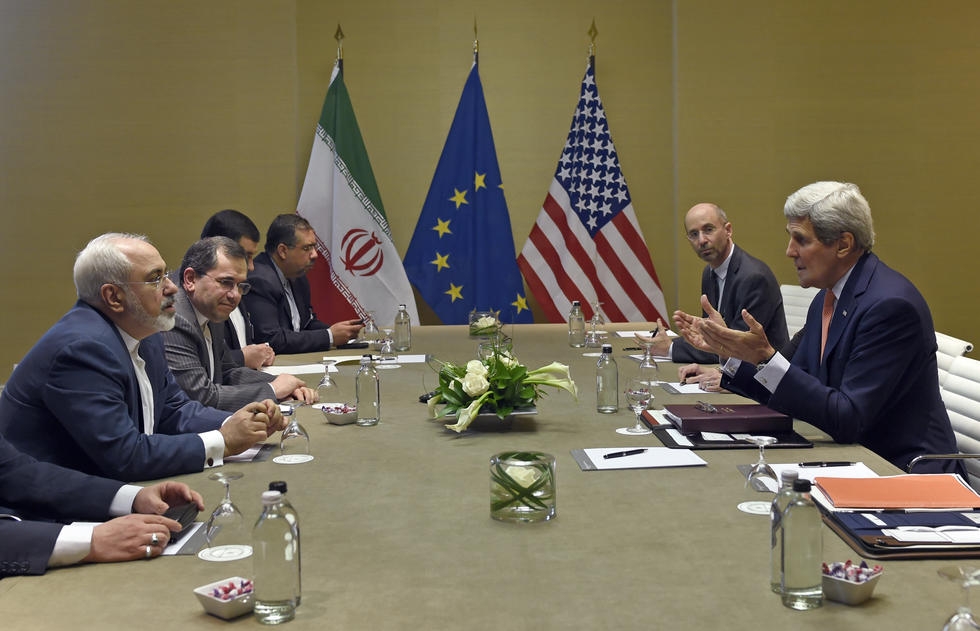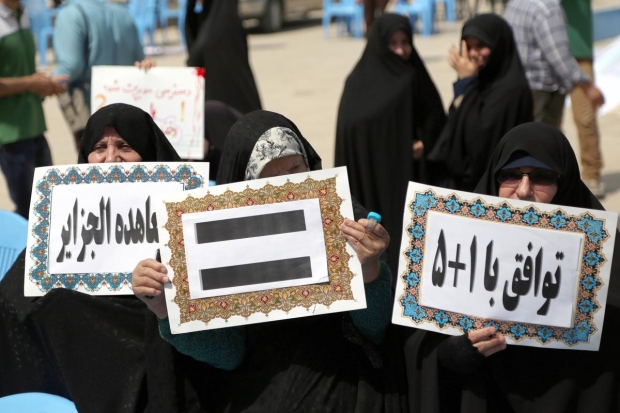Change will be gradual, says Iranian minister of finance

Once the euphoria of Iranians celebrating the nuclear deal that they country agreed upon with the western world powers subsides, a more pressing and sombre issue will come to light: change does not happen overnight.
While over half of Iranians supported an agreement that was based on factors which included an improvement in living standards, increased foreign investments, and better access to foreign medicine and medical equipment.
Yet even with the lifting of sanctions and the unfreezing of billions of dollars’ worth of assets, the improvement to the country’s economy will be gradual.
Ali Tayebnia, Iran’s minister for economic affairs and finance, recognised the challenges that lie ahead.
“With the deal, we need a few months after the implementation of the agreed processes by Iran and the west before the full effects of the lifting of the sanctions can manifest,” he said. “At the same time, people are worn down by the pressures of the past few years and expect a swift resolution to the country’s economic problems.”
While Iran is in desperate need of foreign investments, that will not take place immediately. Instead, to avoid risk, foreign companies will look at Iran as a profitable place to sell their products in, especially since Iran mostly exports.
This will result in lowering the prices of goods to a more affordable rate. At the same time however, there’s the threat of industries that can’t compete going bankrupt, thus resulting in wide unemployment.


